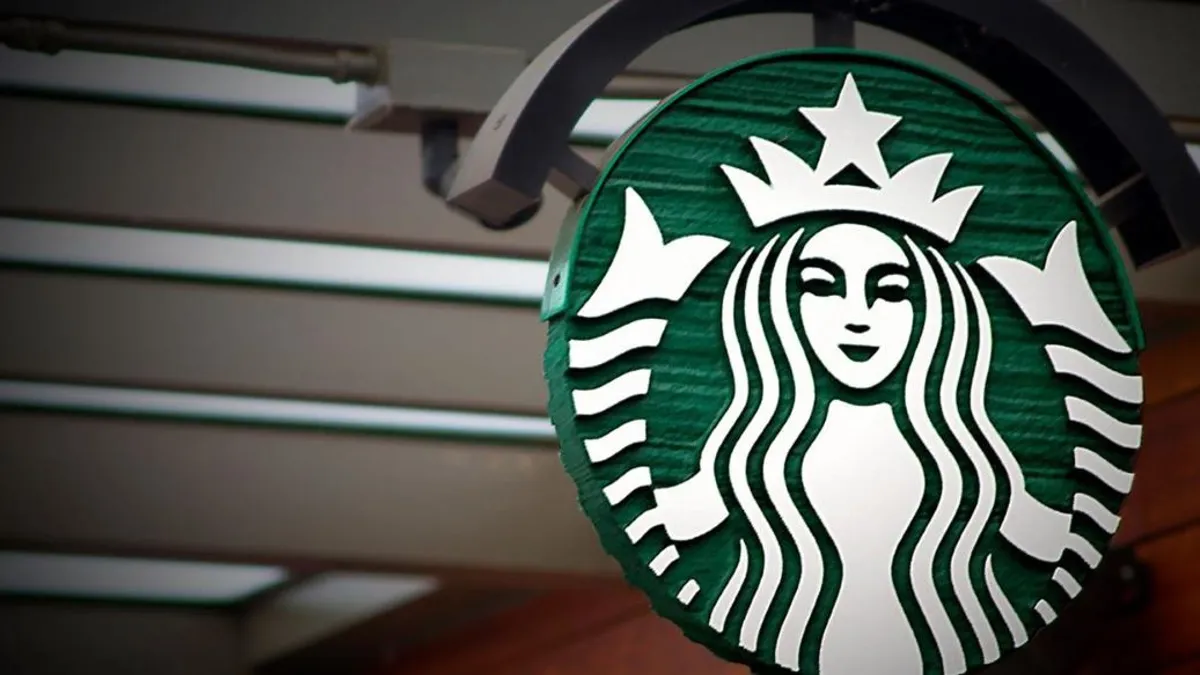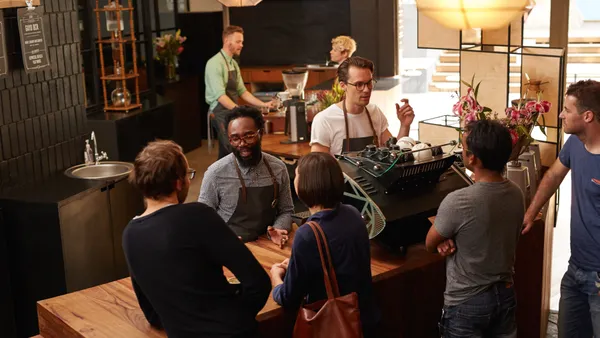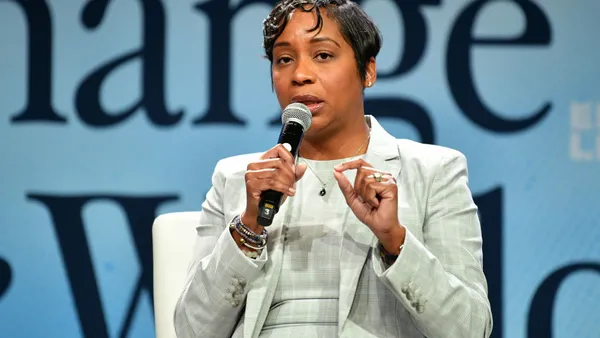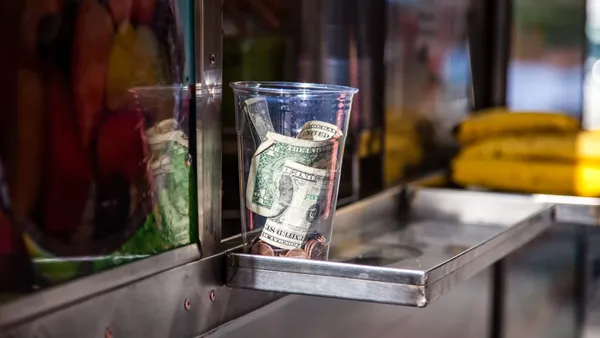Dive Brief:
- Starbucks has filed a writ of certiorari, which seeks judicial review of a decision of a lower court or government agency, to the Supreme Court. The coffee giant wants the court to make it harder for the National Labor Relations Board to obtain section 10(j) injunctions — which order parties to cease alleged unfair labor practices while the NLRB investigates complaints — by instructing lower courts to use a four-part standard, rather than a two-part “reasonable cause” standard in evaluating 10(j) petitions.
- Five circuit courts, according a copy of the writ emailed to Restaurant Dive, use the two-part standard, four courts use the four-part standard and two courts use a hybrid standard.
- Starbucks filed the writ in the case of the Memphis Seven, a group of Starbucks workers in Memphis, Tennessee, who were fired for what the union and the NLRB have deemed protected union activity before Starbucks was required to rehire them as a result of a section 10(j) injunction. Starbucks maintains the workers were fired for policy violations.
Dive Insight:
While the Supreme Court denies the majority of the cases in which parties file a writ of certiorari, the Starbucks case would resolve a difference of application between the circuit courts. If the Supreme Court sided with Starbucks, the change would make it more difficult for the NLRB to reinstate, in a timely fashion, workers fired for protected activity, and reduce the cases in which 10(j) injunctions are granted. This circumstance would strengthen employers relative to workers.
The Supreme Court as currently composed has generally been hostile to labor unions, and found earlier this year that companies could sue unions for damages over the spoilage of product during a strike. A Starbucks spokesperson told Restaurant Dive the company expected to learn if the writ had been granted by the end of January 2024. If it is granted, the company expects a ruling by the end of the summer.
Starbucks framed the case as a way to ensure that “a single, correct standard is applied before federal district courts grant the NLRB extraordinary injunctions in the future.”
Starbucks Workers United did not respond to a request for comment.














